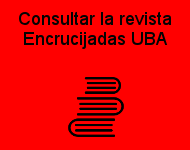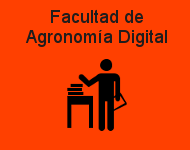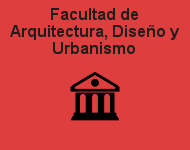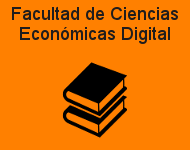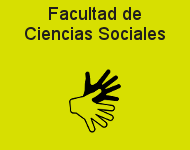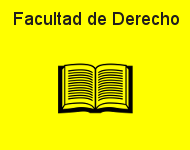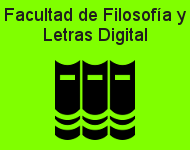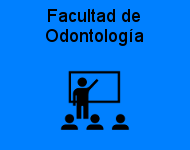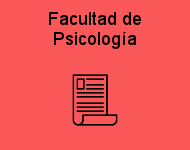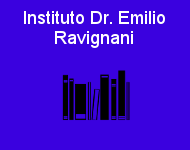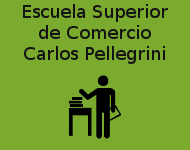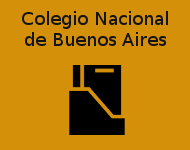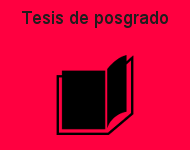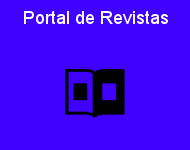The Reconstruction of Collective Memory: Theatricality and the Public Space
Reconstrucción de la memoria colectiva: teatralidad y espacio públicoinfo:eu-repo/semantics/publishedVersion
Luego de la despolitización que, durante la crisis de 2001, alcanzó a todas las esferas de la sociedad argentina, tuvo lugar un redescubrimiento de la capacidad intervencionista y transformadora de la política y del rol fundamental de la cultura en la construcción del orden social. Lejos del nihilismo del “fin de lo social” (Baudrillard), el teatro sale a la calle física y metafóricamente, ocupa y resignifica el espacio público buscando asumir su potencialidad disidente y reconocerse como un canal privilegiado para la circulación, visibilización y producción de discursos. Nos referiremos a acciones teatrales e intervenciones urbanas -como las de Fin de un mundo y la Compañía de Funciones Patrióticas-, acontecimientos situados cuya dimensión política radica en la eficacia interpelante de la acción directa y en su vinculación con un territorio específico. Estas prácticas artísticas se presentan como una fuerza disruptora de la realidad cotidiana de la ciudad, y propician una articulación con los movimientos sociales para recuperar el sentido identitario del teatro en tanto acción de resistencia y fortalecimiento de los lazos comunitarios. Del mismo modo, y como efecto complementario, al intervenir en la esfera pública, la experiencia artística modifica sus propias convenciones y códigos.
ISSN 1669-6301
http://creativecommons.org/licenses/by-nc-nd/2.5/ar/
 6522.oai
6522.oai Cita bibliográfica:
Díaz, Silvina Alejandra (2019-03-02). The Reconstruction of Collective Memory: Theatricality and the Public Space. (info:eu-repo/semantics/article). En: telondefondo. Revista de Teoría y Crítica Teatral; Núm. 29 (2019); 169-182. Instituto de Teoría e Historia del Arte Julio E. Payró de la Facultad de Filosofía y Letras. Universidad de Buenos Aires. [consultado: ] Disponible en el Repositorio Digital Institucional de la Universidad de Buenos Aires: <http://revistascientificas.filo.uba.ar/index.php/telondefondo/article/view/6522>


